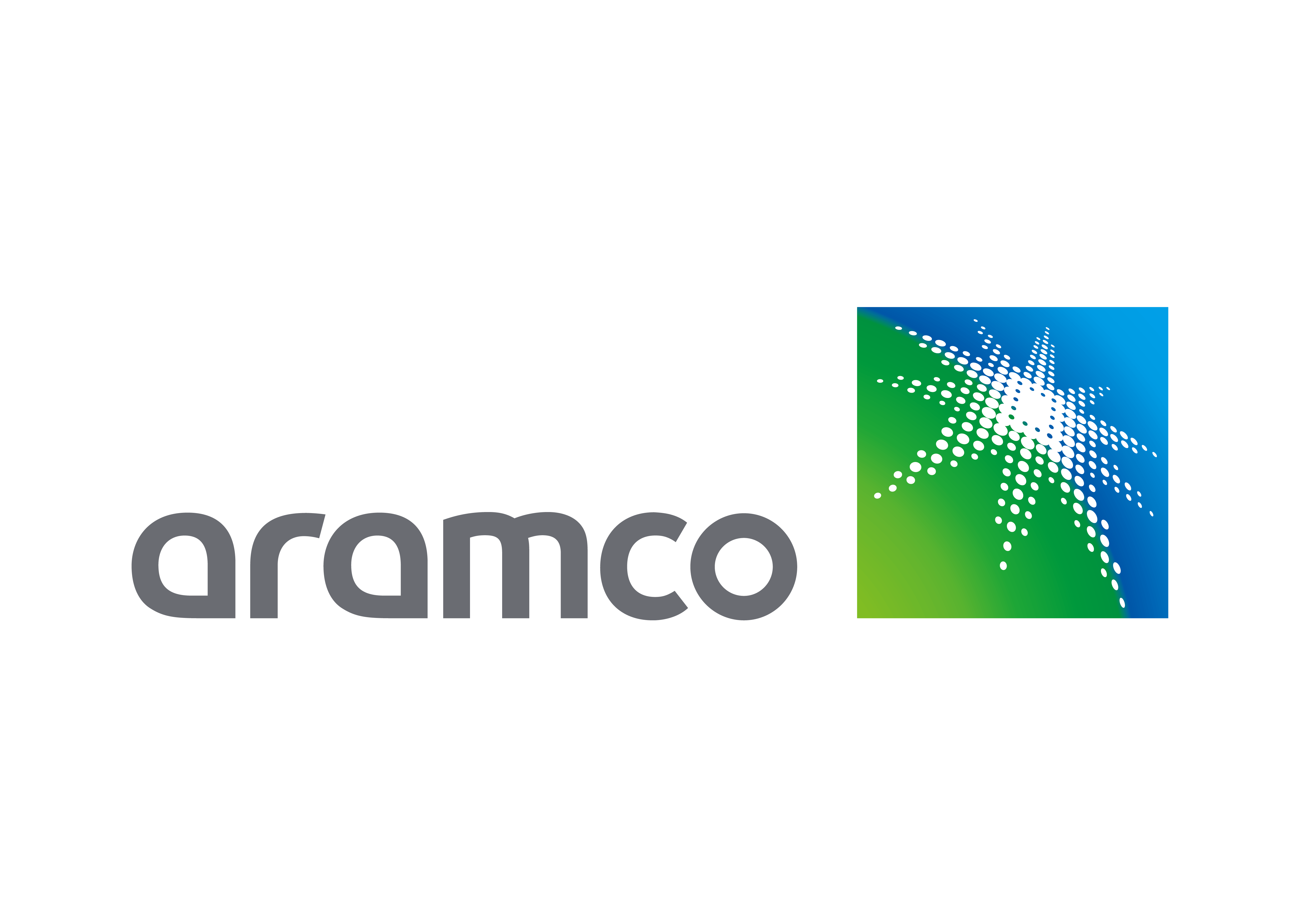Aramco sustainability report details next steps towards operational net-zero ambition

- Goal to reduce Upstream carbon intensity by at least 15% by 2035, against 2018 baseline
- Greenhouse gas emission initiatives aim to reduce or mitigate more than 50 million metric tons of CO2 equivalent annually by 2035
- Goal to capture, utilize or store 11 million metric tons of CO2 equivalent annually by 2035
- Company aims to produce 11 million metric tons per year of blue ammonia, a carrier of blue hydrogen, by 2030, supporting emissions reduction in hard-to-decarbonize sectors
- Renewables investment aims to generate 12GW of solar and wind power annually by 2035
The Saudi Arabian Oil Company (“Aramco” or “the Company”) today published its first sustainability report, which outlines ways in which the Company plans to further tackle emissions while delivering reliable, affordable energy solutions.
The report, which the Company expects to update on an annual basis, provides further information on Aramco's efforts to support the broader energy transition, with a set of interim targets the Company aims to achieve by 2035. The report's release follows the Company's announcement of its ambition to achieve net-zero Scope 1 and Scope 2 greenhouse gas (GHG) emissions across its wholly-owned operated assets by 2050.
By 2035 Aramco aims to reduce its Upstream carbon intensity, already one of the lowest in the industry, by 15% to 8.7kg of CO2 equivalent per barrel of oil equivalent (CO2e/boe), against a 2018 baseline of 10.2kg CO2e/boe.
The Company also aims to reduce or mitigate net Scope 1 and Scope 2 GHG emissions across its wholly-owned operated assets, both in its Upstream and Downstream segments, by more than 50 million metric tons of CO2e annually by 2035, when compared to the business-as-usual forecast.
Amin H. Nasser, Aramco President & CEO, said: “Our ambition is to achieve operational net-zero by 2050 and our sustainability report highlights how we aim to continue meeting the world's rising demand for secure, reliable and affordable energy, while also contributing to the broader energy transition. We are investing for the long-term, against a backdrop of global energy and economic uncertainty, and we will continue to integrate breakthrough technologies in our operations over the next decade and beyond.”
Aramco is harnessing the Circular Carbon Economy framework, which focuses on reducing, reusing, recycling and removing GHG emissions. By 2035, it aims to achieve emissions reduction and mitigation through:
- renewables investment — 14 million metric tons of CO2e reduction annually
- investing in Carbon Capture, Utilization and Storage — 11 million metric tons of CO2e reduction annually
- energy efficiency improvements — 11 million metric tons of CO2e reduction annually
- methane and flaring reduction — 1 million metric tons of CO2e reduction annually
- offsets — 16 million metric tons of CO2e mitigation annually
The report also outlines the Company's focus on developing its blue ammonia and hydrogen business, with the aim of producing up to 11 million metric tons of blue ammonia per year by 2030 — with the potential to support significant emissions reductions in hard-to-decarbonize sectors such as heavy-duty transport, heating, and industrial applications.
In compiling the report, and to identify appropriate metrics and performance indicators, Aramco evaluated more than 150 environmental, social and governance topics to establish their relative importance to the Company's key stakeholders. The sustainability report highlights four focus areas: climate change and the energy transition, safe operations and people development, minimizing environmental impact, and growing societal value.

